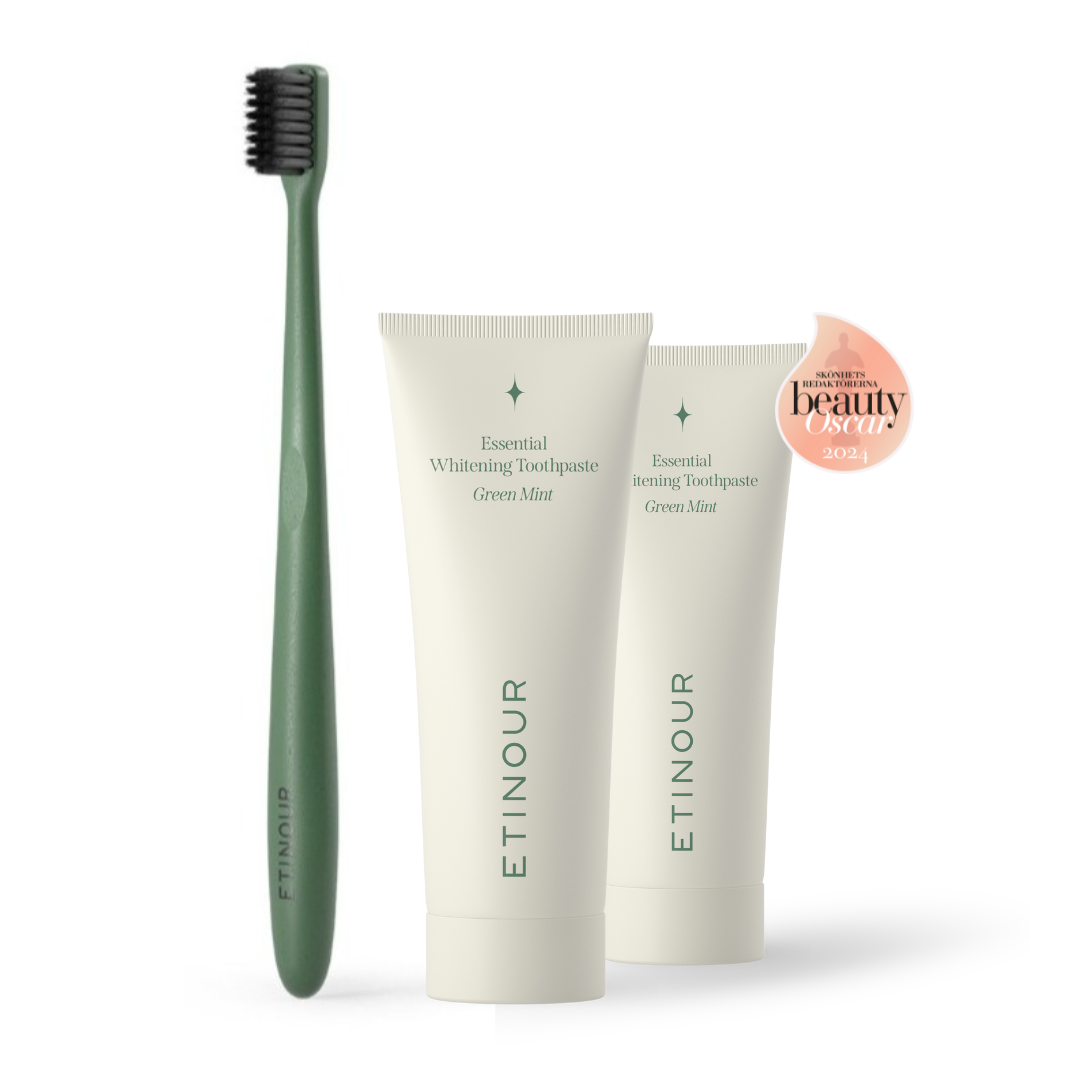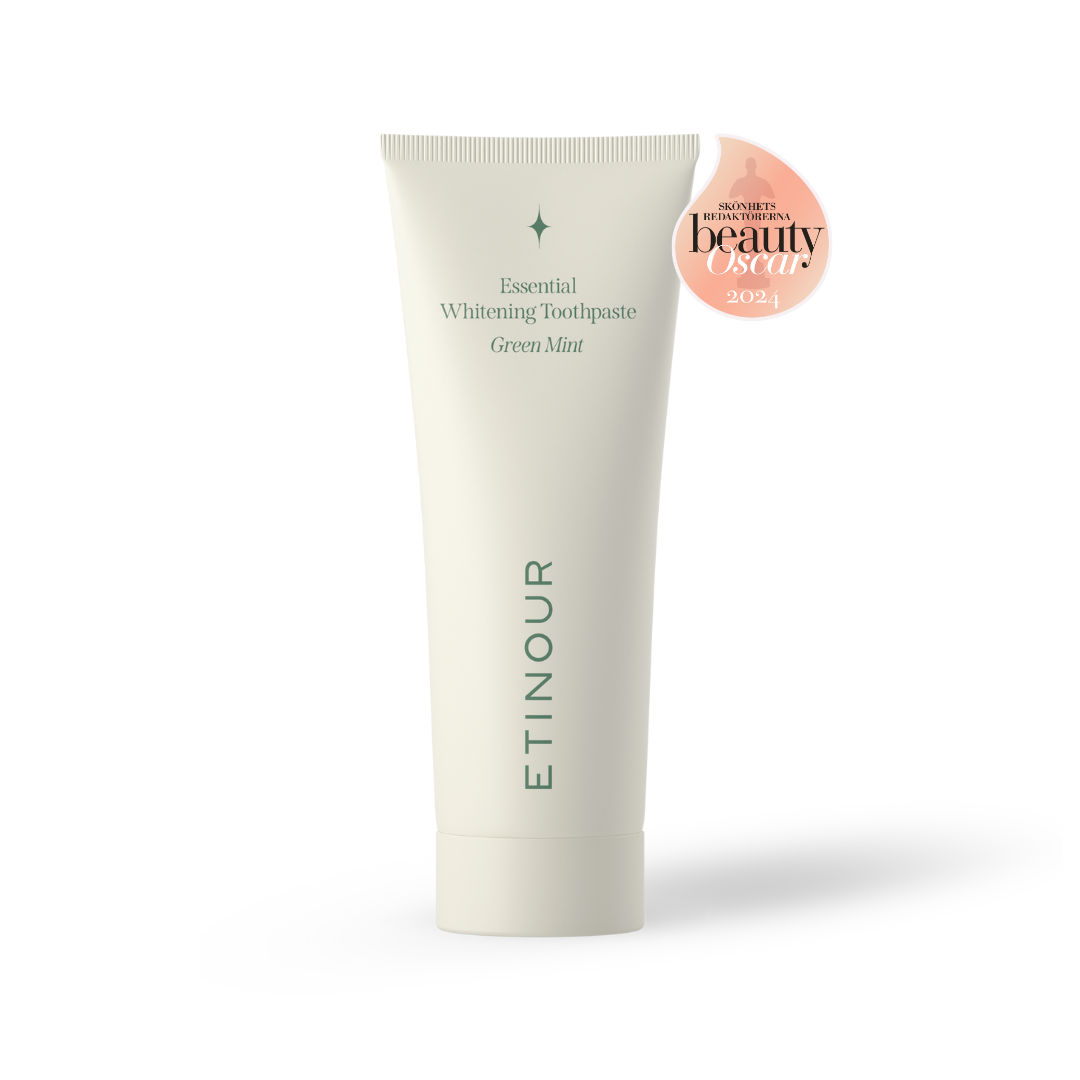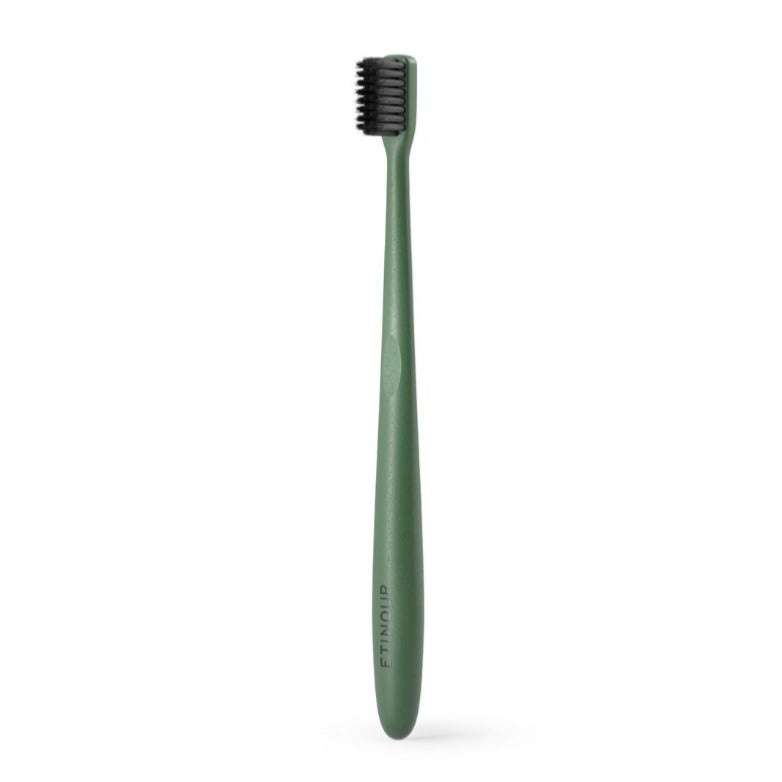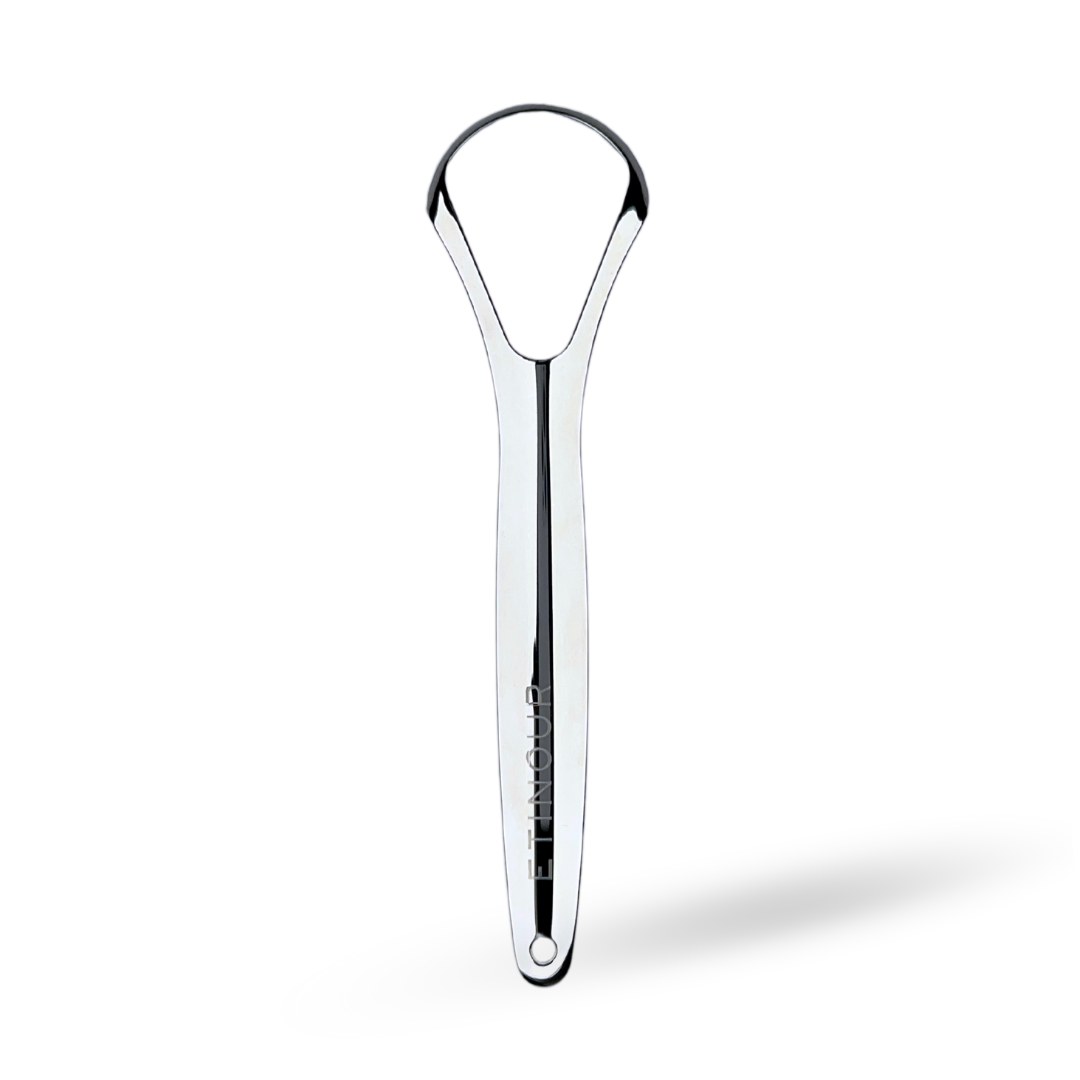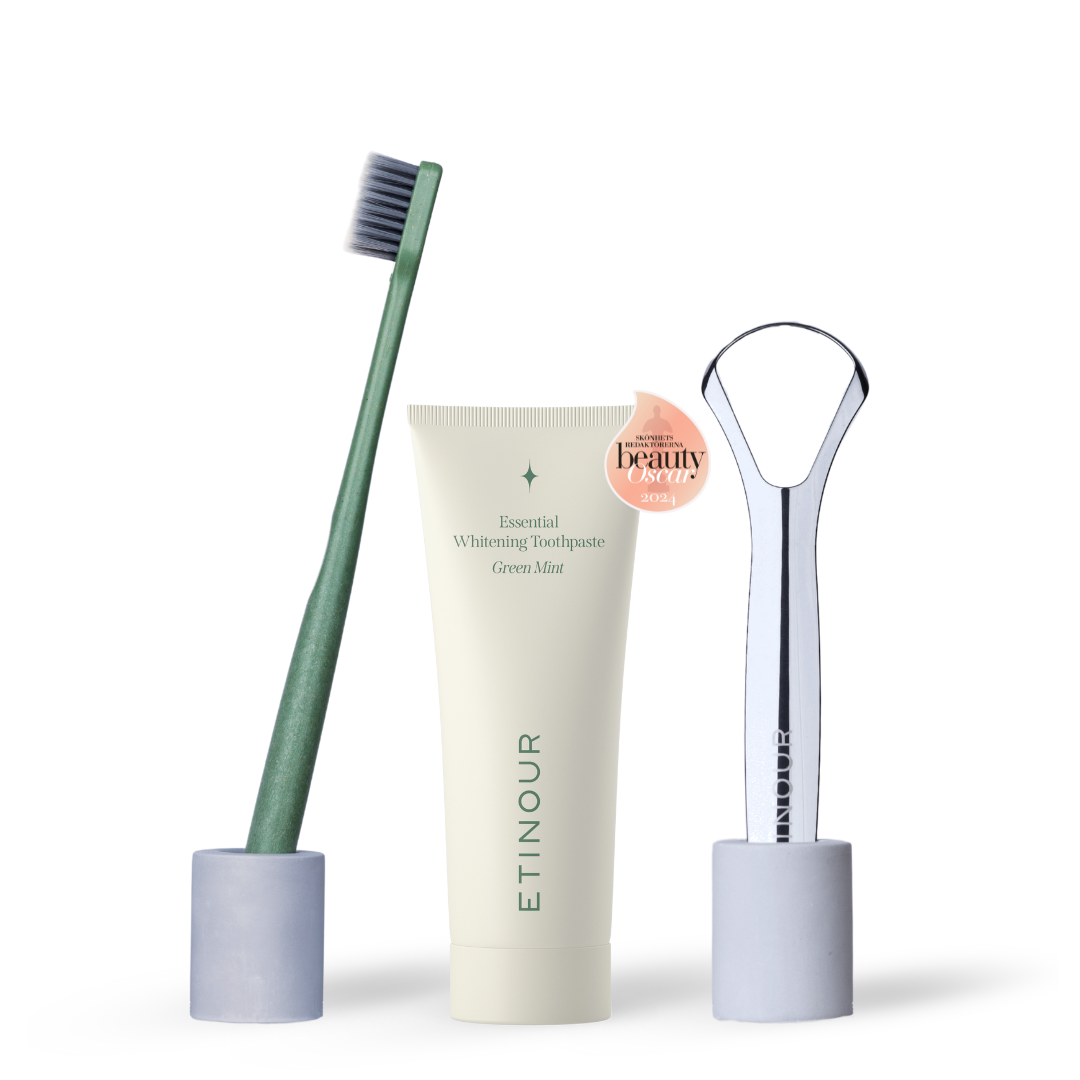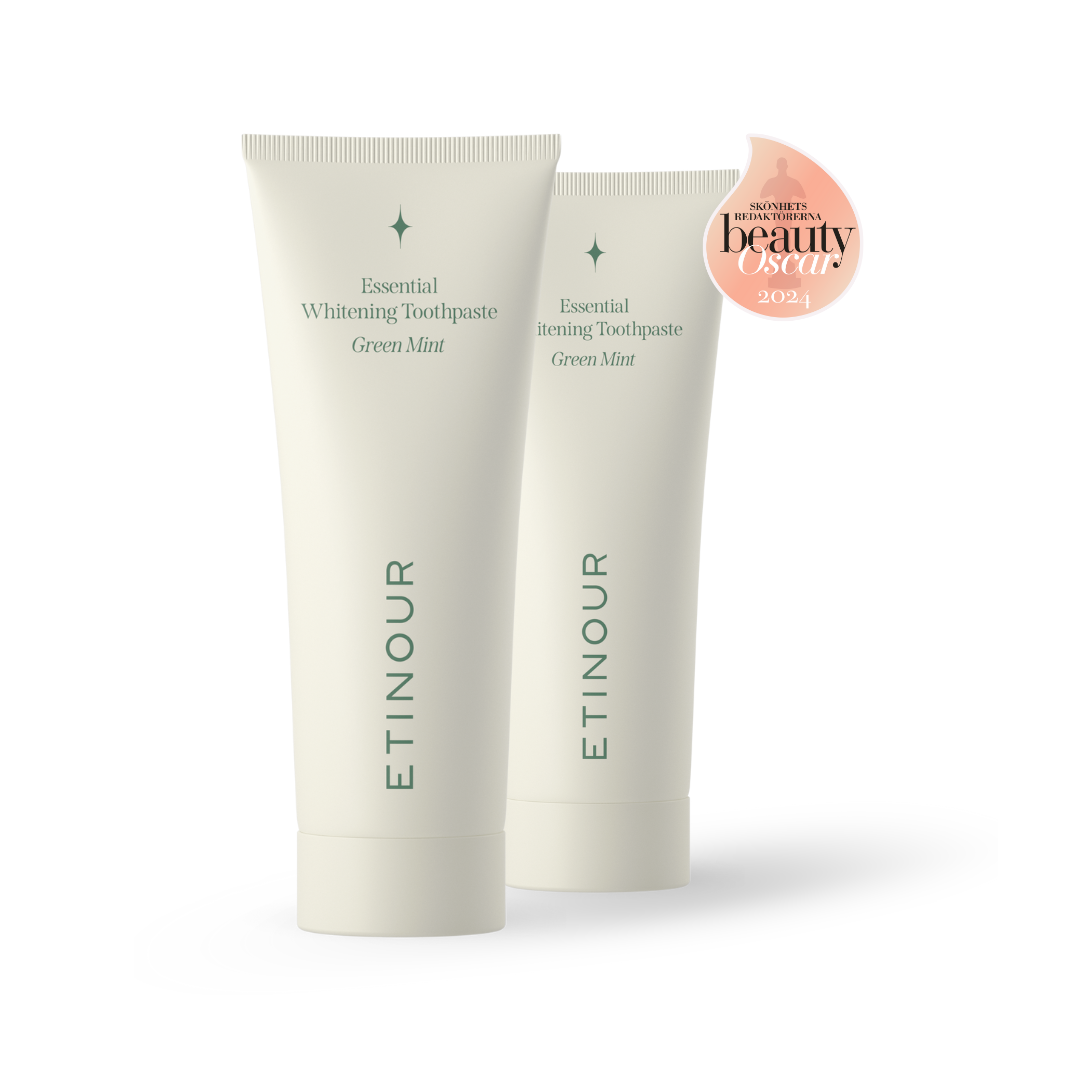The Connection Between Oral Health and Disease
When we think about maintaining our health, oral care often takes a back seat. However, understanding the link between oral health and overall health is influential for preventing diseases. Neglecting your oral hygiene can lead to more than just bad breath or cavities; it can set the stage for various health issues. In this blog post, we will explore how proper oral care serves as a disease prevention, what diseases can arise from poor oral health, and how to maintain a healthy mouth to protect your overall well-being.
How Poor Oral Health Can Lead to Diseases
Many people are surprised to learn that the mouth is a window into the body. Oral health can impact your general health, and poor oral hygiene can create a pathway for bacteria to enter the bloodstream, leading to systemic health issues. Here’s how:
- Bacterial Invasion: Sugary foods and drinks feed microbes, allowing them to multiply and spread. When plaque builds up, it creates an environment where harmful bacteria can thrive. Poor oral hygiene can lead to inflammation and infections that can enter the bloodstream, making it harder for the body to fight infections (NIH, AAOSH). This invasion can trigger inflammation throughout the body, and the risk is that it can contribute to chronic diseases.
- Inflammatory Response: Chronic inflammation is linked to several diseases, including heart disease, diabetes, and even certain cancers. The mouth can be a significant source of inflammation if not cared for properly.
- Immune System Strain: An unhealthy mouth can place additional strain on the immune system. The body is constantly fighting off harmful bacteria; when the mouth is compromised, it can divert resources away from other areas needing attention.
Diseases Linked to Poor Oral Health
- Heart Disease: Research has shown that individuals with periodontal disease are at an increased risk for heart disease. The bacteria that cause gum disease can lead to the buildup of plaque in arteries, increasing the risk of heart attacks and strokes.
- Diabetes: People with diabetes are more prone to gum disease. Conversely, the presence of gum disease can make it harder for diabetics to control their blood sugar levels. This creates a vicious cycle that can significantly impact overall health.
- Respiratory Infections: The bacteria from periodontal disease can be inhaled into the lungs, leading to respiratory infections such as pneumonia, especially in individuals with existing lung conditions.
- Pregnancy Complications: Poor oral health has been linked to premature birth and low birth weight. Pregnant women with gum disease may face heightened risks, making proper oral hygiene even more crucial during this time.
- Cognitive Decline: Emerging research suggests a connection between oral health and cognitive decline, including Alzheimer's disease. Bacteria from the mouth may travel to the brain, contributing to inflammation and neurodegenerative diseases.

Maintaining Oral Health to Prevent Disease
Establishing a Routine
- Brush Twice a Day: Use a toothbrush and fluoride toothpaste, to effectively remove plaque and prevent cavities. Make sure to brush for at least two minutes each time, paying special attention to the gum line.
- Floss Daily: Flossing removes debris and plaque from between teeth that your toothbrush may miss. This is vital for preventing gum disease and maintaining overall oral health.
- Regular Dental Checkups: Schedule dental checkups every six months for professional cleanings and checkups. Your dentist can identify early signs of oral diseases and offer guidance tailored to your needs.
- Stay Hydrated: Drinking water helps wash away food particles and bacteria, reducing the risk of plaque buildup. Additionally, staying hydrated supports saliva production, which is your mouth's natural defense against decay. Read more about mouth dryness here.
- Healthy Diet: Consume a balanced diet rich in fruits, vegetables, and whole grains. Foods high in fiber can help clean teeth and stimulate saliva production. Limit sugar intake, as it fuels harmful bacteria.

Avoiding Common Issues
- Ignoring Symptoms: Do not ignore signs of oral health issues, such as bleeding gums or persistent bad breath. Early intervention can prevent more significant problems down the line.
- Using Harsh Products: Some oral care products contain harsh ingredients that can damage the enamel or irritate the gums. Choose products designed with gentle, effective ingredients.
A Holistic Approach to Oral Health
- Understanding Stress Impact: Stress can lead to teeth grinding and neglect of oral hygiene. Incorporate stress management techniques like mindfulness or yoga to keep both your mind and mouth healthy.
- Nutrition and Oral Health: The foods you eat directly affect your oral health. Opt for nutrient-dense foods that support both your teeth and your overall well-being, minimizing sugar and acidic intake when possible.
- Listening to Your Body: Pay attention to how your body feels in response to different foods, habits, and products. Adjust your routine accordingly to promote not just oral health, but a balanced and healthy lifestyle.



